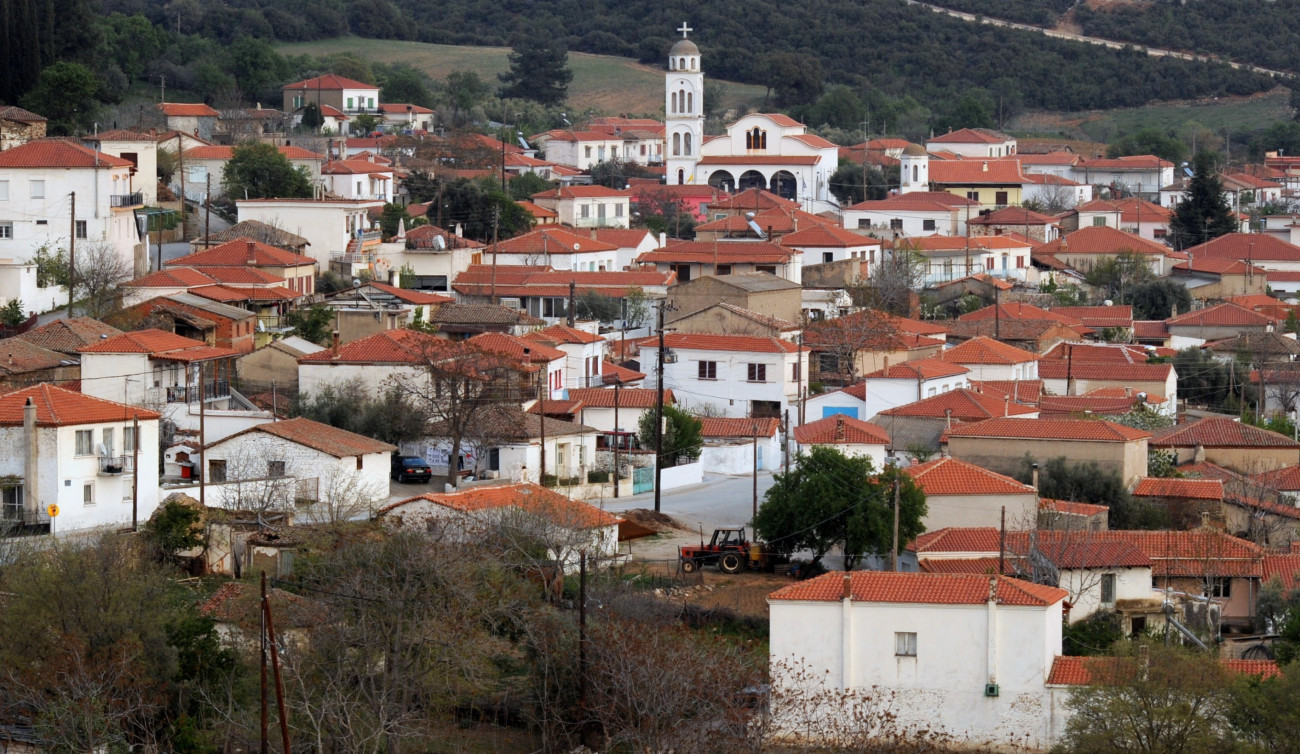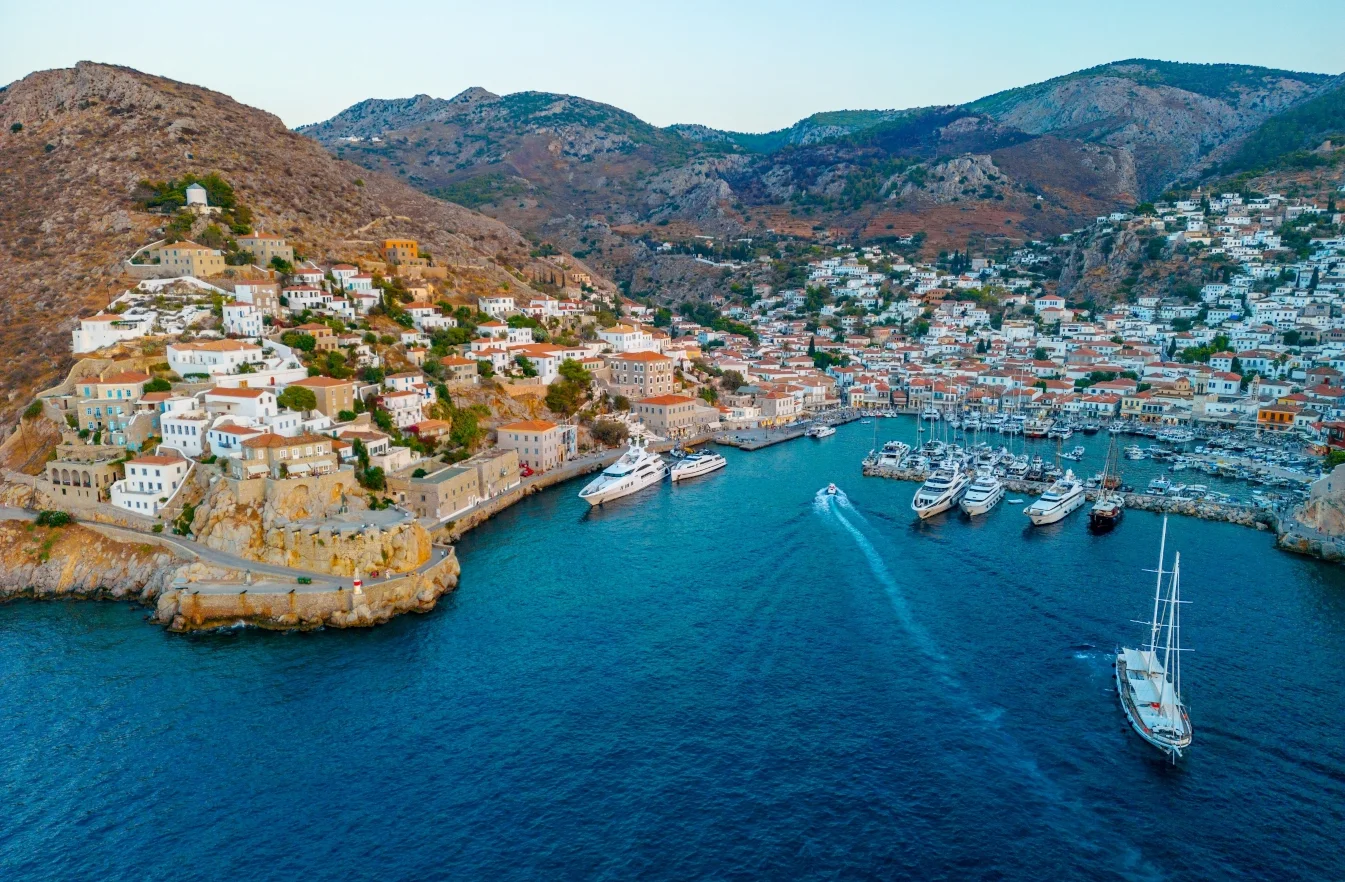A surge in real estate acquisitions linked to Turkish interests near Greece’s borders has triggered mounting concern among government officials and local communities. Greek authorities are now actively investigating what some describe as a quiet attempt at “economic penetration” or “soft colonization” in strategically sensitive areas.
According to reports, Greece’s National Intelligence Service (EYP) is currently examining over 130 real estate transactions across border regions such as Thrace, as well as several Aegean islands—Lesvos, Samos, Kos, Leros, Kalymnos, and Rhodes—due to potential national security implications.
Local officials have observed an unprecedented increase in property purchases in inland and coastal areas. Apostolos Ioannou, mayor of Maroneia-Sapes in Rhodope, said that within just a few months, nearly 50 properties were purchased by individuals primarily of Bulgarian descent and some of Turkish nationality. He also noted the development of 15–20 tourism-related units along the municipality’s 27-kilometer coastline, funded by the same groups.
A similar trend is evident in the Evros region, particularly in Alexandroupoli, where older hotels are being renovated into upscale accommodations. In nearby villages, foreign buyers are acquiring clusters of abandoned homes, often backed by capital funneled through Bulgaria and, less transparently, Turkey.
The situation has drawn the attention of the Anti-Money Laundering Authority, which is reportedly submitting multiple reports each month about questionable transactions involving either Muslim residents or individuals with Turkish ties.
At a recent forum, Alexandroupoli mayor Yiannis Zampoukis voiced concerns over the ease with which foreign buyers—especially Turkish-backed firms—are able to legally purchase land in high-security border zones. He highlighted that companies registered in Greece or elsewhere in the EU can acquire property without needing special governmental clearance, due to a 2011 legislative change that relaxed restrictions in such zones.
Local authorities fear that these firms may serve as fronts for Turkish interests, using EU citizens with dual nationalities to obscure the true origin of the investment funds.
Officials also point to rising interest from Turkish entrepreneurs and local collaborators, particularly Muslim residents of Rhodope and Xanthi, in sectors like hospitality, Airbnb rentals, and traditional housing in the Alexandroupoli area.
While legal under current frameworks, these property acquisitions are raising red flags due to the geopolitical sensitivities involved. Greek intelligence and oversight agencies are now intensifying scrutiny in an effort to better understand—and possibly curb—the quiet spread of foreign influence in these strategically important regions.









